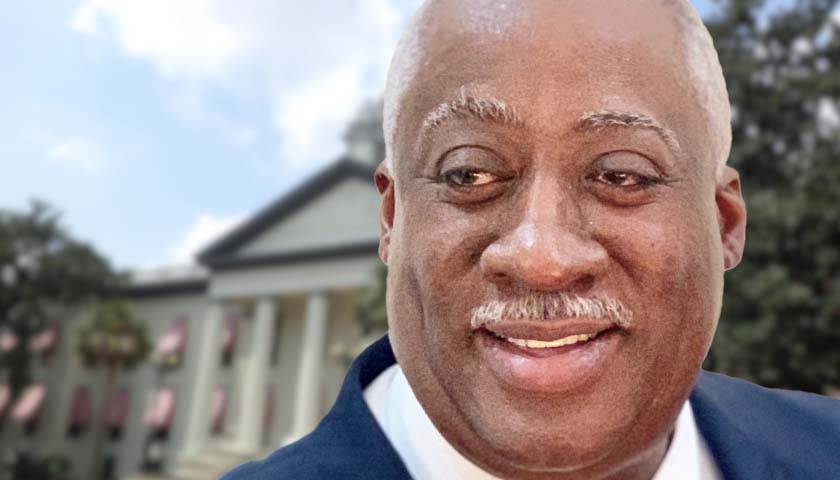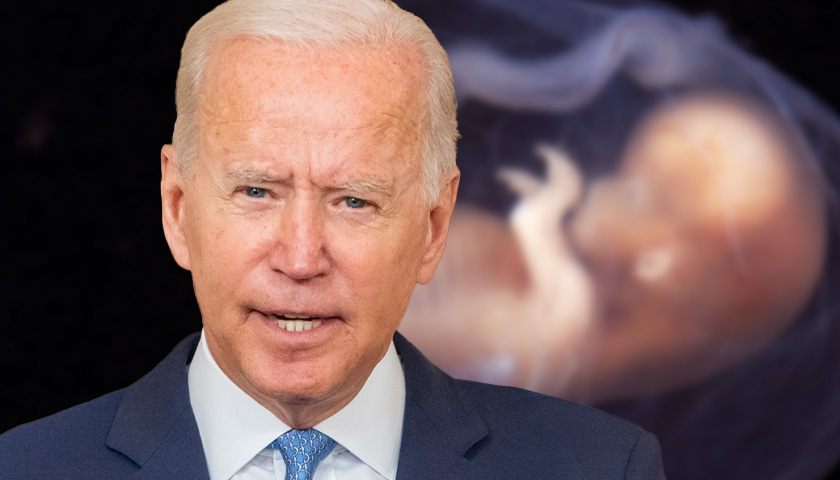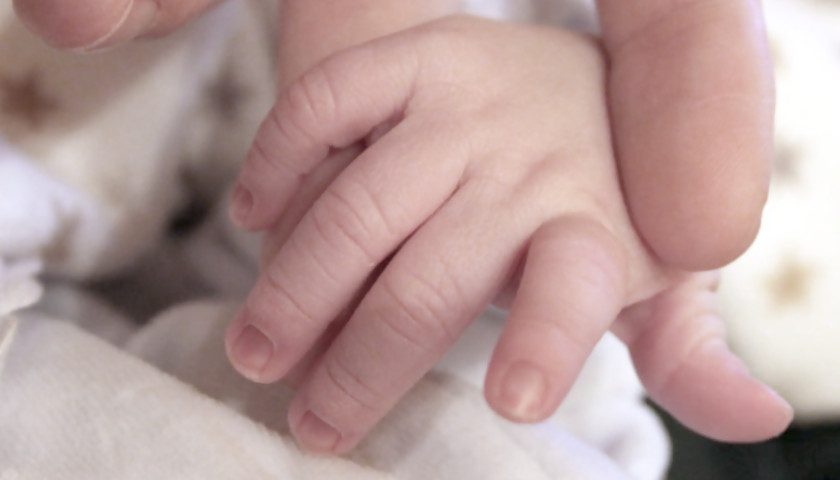Florida House Representative Webster Barnaby (R-Deltona) filed an abortion bill (HB 167) Wednesday titled the “Florida Heartbeat Act.” Like a bill recently passed in Texas, the proposal would ban most abortions and allow lawsuits against doctors that violate the law.
The bill would require a physician to conduct tests for, and inform a woman seeking an abortion of, the presence of a detectable fetal heartbeat. The bill “prohibits a physician from knowingly performing or inducing an abortion, if the physician detects a fetal heartbeat for an unborn child, or fails to conduct a test to detect a fetal heartbeat.”
According to the bill, a fetal heartbeat is a ” key medical predictor that an unborn child will reach live birth, and whereas, cardiac activity begins at a biologically identifiable moment in time, normally when the fetal heart is formed in the gestational sac” and that, “the State of Florida has a compelling interest from the outset of a woman’s pregnancy in protecting the health of the woman and the life of the unborn child.”
Additionally, it states, “In order to make an informed choice about whether to continue her pregnancy, the pregnant woman has a compelling interest in knowing the likelihood of her unborn child surviving to full-term birth based upon the presence of cardiac activity.”
The bill also redefines “abortion” as, “the termination of human pregnancy with an intention other than to produce a live birth or to remove a dead unborn child.” Previously, the definition was “the removal of a dead fetus.” It is important to note that the bill purposefully removes the term “dead fetus” and replaces it with the term “unborn child,” which can be seen throughout the bill’s text.
Exceptions to the bill include women who are victims of rape, incest, domestic violence, human trafficking, or who have been diagnosed with having a condition that would create a serious risk of substantial and irreversible impairment of a major bodily function if there is a delay in receiving an abortion. Only under these circumstances can a woman choose to forgo the physician’s explanation of statistics, ultrasounds, and other forms of education against abortion that are provided in the bill.
However, these types of circumstances are only exceptions if the woman can provide proof through documentation indicating the abuse. Acceptable documentation included in the bill are restraining orders, police reports, medical records, or “other court order or documentation is presented which provides evidence that the woman is obtaining the abortion because the woman is a victim.”
If the bill is approved during the 2022 legislative session, it will look to take effect on July 1st, 2022.
– – –
Casey Owens is a contributing writer for The Florida Capital Star. Follow him on Twitter at @cowensreports. Email tips to [email protected].
Photo “Webster Barnaby” by Representative Webster Barnaby. Background Photo “Florida’s Historic Capitol and Florida State Capitol” by Michael Rivera.






May God bless Florida House Representative Webster Barnaby!